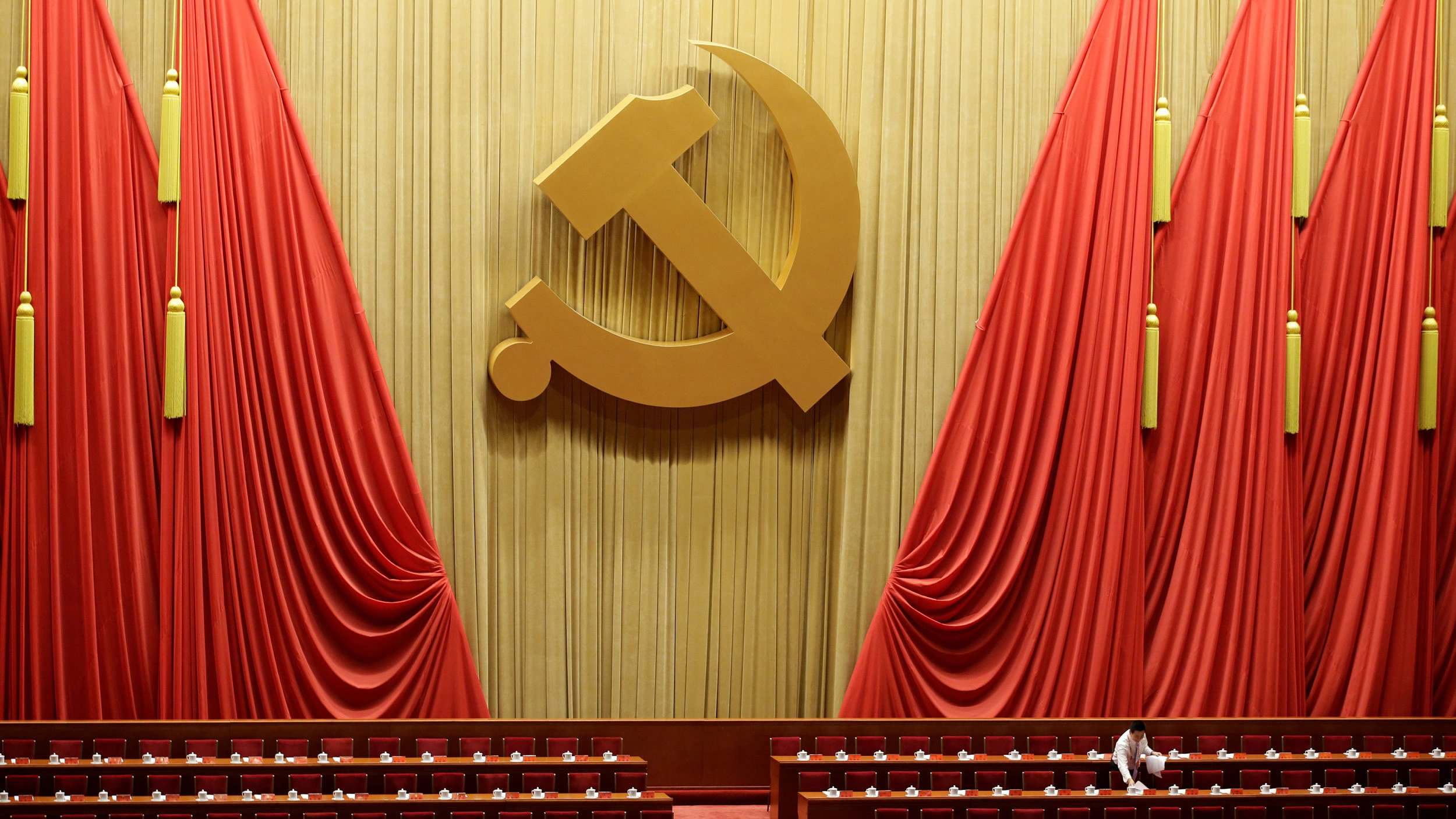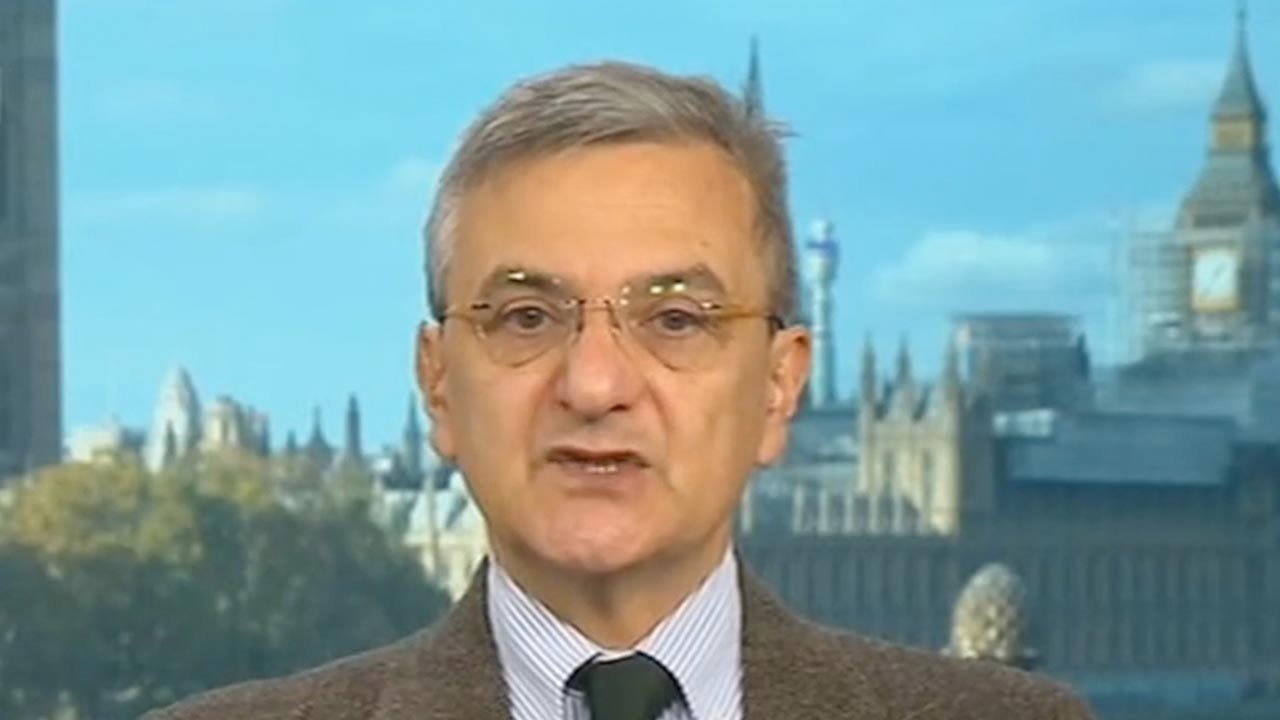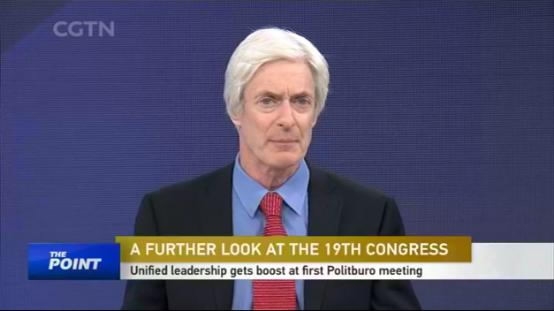
China
18:25, 31-Oct-2017
How do foreign experts understand ‘enhancing centralized, unified leadership’?
CGTN

By CGTN's The Point
The Communist Party of China's Political Bureau held their first meeting last Friday, two days after its 25 members were elected at the First Plenary Session of the 19th CPC Central Committee.
The Politburo reviewed two documents: the first, about safeguarding the centralized, unified leadership of the CPC Central Committee, while the second dealt with fully implementing frugality rules.
The newly-elected CPC top leadership pledged to firmly safeguard Xi's position at the core of the CPC Central Committee and the Party.

Francesco Sisci, Senior Researcher with the Center for European Studies at Renmin University. /CGTN Photo
Francesco Sisci, Senior Researcher with the Center for European Studies at Renmin University. /CGTN Photo
“It is a historical meeting because for the first time, we really see a different trajectory in the political future of China,” said Francesco Sisci, a senior researcher with the Center for European Studies at Renmin University.
“When Deng Xiaoping came to power, power from the center was devolved to the provinces and to the local officials,” he said during a discussion on CGTN’s The Point.
“Xi Jinping has now concentrated power, and he will concentrate power even further in the next few years, but then he will have to redistribute power maybe in a different way and in a different direction,” he said.

The keywords in the meeting statements and reports were “enhancing centralized, unified leadership”.
Some have argued that this means a tighter grip on local authorities, and more power to the central leadership, while others think it puts in place greater supervision from central government.
Political Economist Laurence Brahm used the analogy of running a company to express his thoughts.

Laurence Brahm, Political Economist. /CGTN Photo
Laurence Brahm, Political Economist. /CGTN Photo
“Imagine you run a company. You’ve given too much decentralized power to local managers. The managers have gone off and run up a lot of debt and they've over developed and made commitments that can’t be followed through and they’ve also disregarded the environment and many local social issues. What would you do if you were the chairman of the board, the CEO of that company?” Brahm asked.
“Bring it all back in. You clean up the debt, you reorganize the management, and you will be more socially responsible to consumers. You will begin again with a very clear idea about the blueprint, and you might even have to swap out some of the management,” Brahm added.
The Point with Liu Xin is a 30-minute current affairs program on CGTN. It airs weekdays at 9.30 p.m. BJT (1330GMT), with rebroadcasts at 5.30 a.m. (2130GMT) and 10.30 a.m. (0230GMT)
2km

SITEMAP
Copyright © 2018 CGTN. Beijing ICP prepared NO.16065310-3
Copyright © 2018 CGTN. Beijing ICP prepared NO.16065310-3